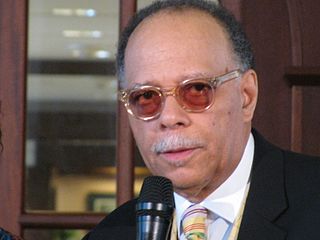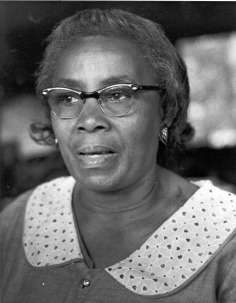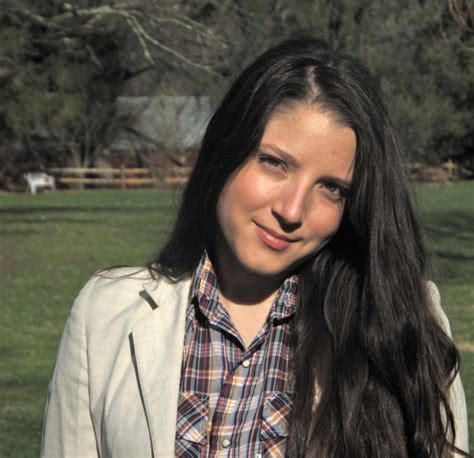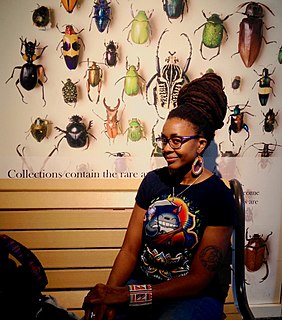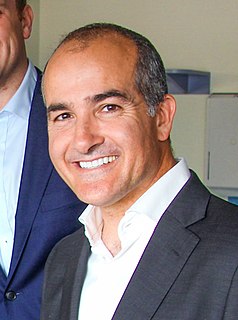A Quote by Haki R. Madhubuti
One of the great tragedies of modern education is that most people are not taught to think critically. The majority of the world’s people, those of the West included, are taught to believe rather than to think. It’s much easier to believe than to think. People seldom think seriously about that which we are taught to believe, because we are all creatures of imitation and habit.
Related Quotes
I drink much less than most people think, and I think much more than most people would believe. I am quite sincere about some of the things which people take very lightly, and almost insultingly unconcerned about some of the things which people take most seriously. In short, I am basically antisocial: certainly not to an alarming degree , but just more so than I appear to be.
We are taught to believe it's bad to be angry, or at least it's not good. That's not the case all throughout the world. People are more open and not embarrassed about it. For instance in Paris, people believe Americans have a really unhealthy relation with anger. They think it's essential to get angry.
I think there in a great deal to be said for religious education in the sense of teaching about religion and biblical literacy. Both those things, by the way, I suspect will prepare a child to give up religion. If you are taught comparative religion, you are more likely to realise that there are other religions than the one you have been brought up in. And if you are if you are taught to read the bible, I can think of almost nothing more calculated to turn you off religion.
There may not be a hell, but those who judge may create one. I think people are over-taught. They are over-taught everything. You have to find out by what happens to you, how you will react. I'll have to use a strange term here... "good." I don't know where it comes from, but I feel that there's an ultimate strain of goodness born in each of us. I don't believe in God, but I believe in this "goodness" like a tube running through our bodies. It can be nurtured. It's always magic, when on a freeway packed with traffic, a stranger makes room for you to change lanes... it gives you hope.
As a physician, we are taught that learning and education never stop - they are lifelong. I think education comes in various forms: formal, informal, and most importantly, experiential. All of this defines who we are and gives us if you will our abilities to function as leaders. I believe all of those pieces constitute formal education - it is invaluable to who we are and how well we perform.
To be taught to read—what is the use of that, if you know not whether what you read is false or true? To be taught to write or to speak—but what is the use of speaking, if you have nothing to say? To be taught to think—nay, what is the use of being able to think, if you have nothing to think of? But to be taught to see is to gain word and thought at once, and both true.
I think most people, if I asked, would say, "Yes, of course I believe." But I think for a great many of them it doesn't really make much difference in terms of either what they do with their lives or with their own inner well-being. They believe because so did grandfather, and that's the same church they've been going to all these years.
